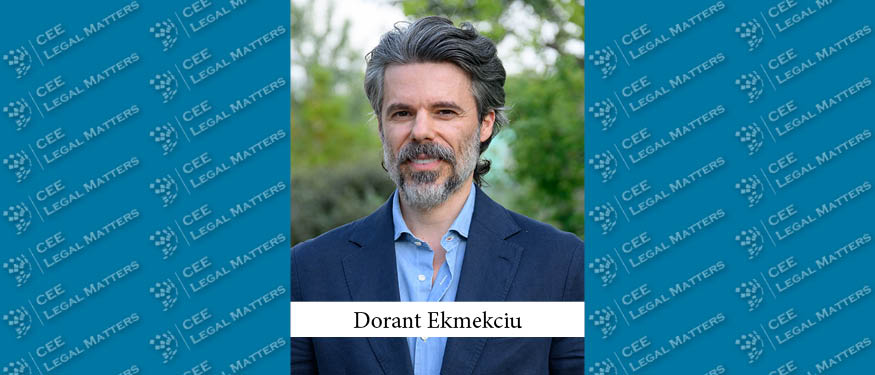Georgia’s legal and business landscape remains heavily influenced by political turbulence, according to BLC Law Office Managing Partner Ketti Kvartskhava, who reports ongoing instability, controversial legislation, and heightened uncertainty surrounding the country’s EU integration prospects.
"It has been a very difficult political period in Georgia, with considerable turbulence both before and after the recent elections," Kvartskhava begins. The controversy began with the adoption of what became known as the “Russian Law," a highly criticized piece of legislation targeting NGOs. "It resembled the Russian model in that it sought to label NGOs as 'agents;' later, the word 'agent' was replaced by 'the subject carrying out the interests of the foreign power' if they received more than 20% of their funding from abroad. This was perceived as an attack on civil society and, rightly, provoked strong public opposition because it threatened Georgia’s aspirations for EU membership."
Furthermore, Kvartskhava says that the elections themselves lacked credibility, and for "several months afterward, we saw daily protests on Rustaveli Avenue, not only against the election results but also in response to the government’s decision to suspend negotiations with the EU. This political instability has had a clear impact on Georgia’s international standing and on the legal and investment climate." She adds that "many deals were paused or did not go forward because of the unpredictability of the situation. Right now, it remains uncertain where Georgia is headed strategically if EU integration is no longer clearly on the table."
Continuing, Kvartskhava says that after the “Russian Law” failed to be implemented, with most NGOs refusing to register under it, the government "introduced a new version modeled after the US FARA Act. However, this version was also problematic, as it introduced potential criminal liability and left a number of questions unanswered. For us as lawyers, a key concern was whether FARA would apply to legal services." As she explains, the wording of the law was ambiguous, but "we have since received assurances from the government that FARA will not apply to law firms unless they are engaged in political activity or lobbying. This has provided some clarity, but the situation remains fragile."
Compounding the uncertainty, Kvartskhava reports that the government also recently adopted harsher administrative regulations targeting freedom of speech and assembly. “These new laws impose steep penalties for activities such as blocking streets during protests. As a result, many of my colleagues in the legal community are now working pro bono to defend individuals targeted under these new restrictions. It’s a worrying trend that continues to impair our ability to advise clients with certainty." Additionally, a number of protesters have been arrested on charges that may lack sufficient evidence, raising concerns about the integrity and independence of law enforcement and the judiciary, as well as the proportionality of the penalties imposed.
That said, she does note that while some foreign direct investment deals did not go through in the past several months, the economy isn’t at a complete standstill. “While investor caution remains, there has been a noticeable uptick in activity since March, particularly in financing and expansion projects that continue to move forward. The most severe slowdown occurred between October and February, but the market is now showing tentative signs of recovery. Still, some investors remain hesitant to commit new capital or reinvest in the local economy until there is greater political clarity.”
Finally, Kvartskhava reports that, at this moment, no new major legislative initiatives are expected to pass "that would improve the situation. The positive development we can point to is that, at least for now, FARA will not apply to lawyers, and that clarity was badly needed."
















